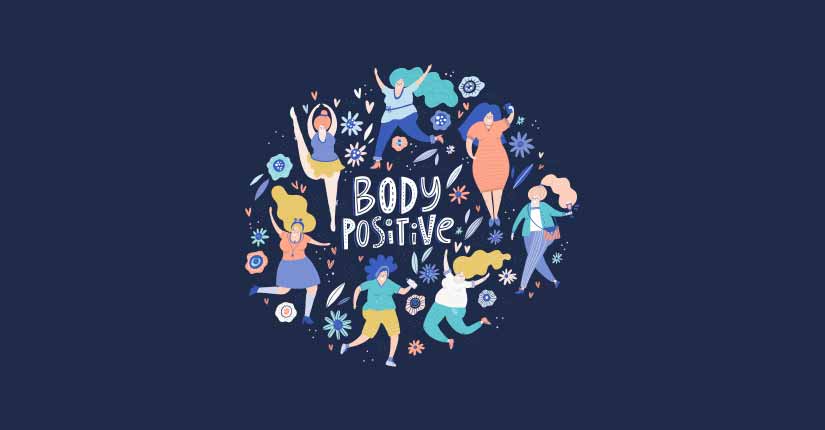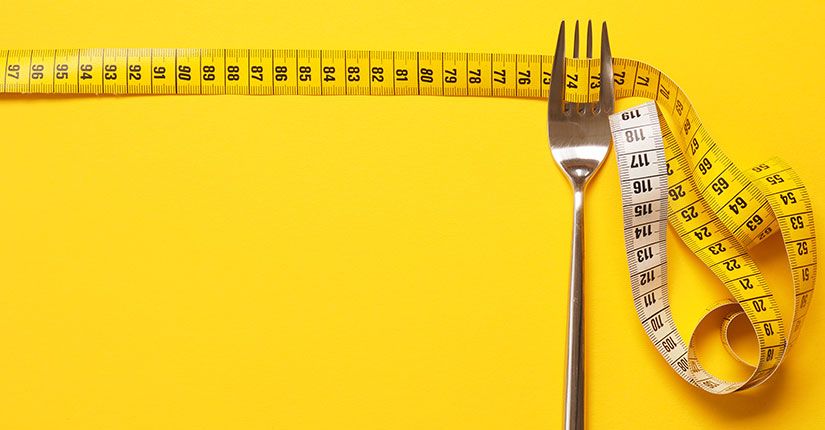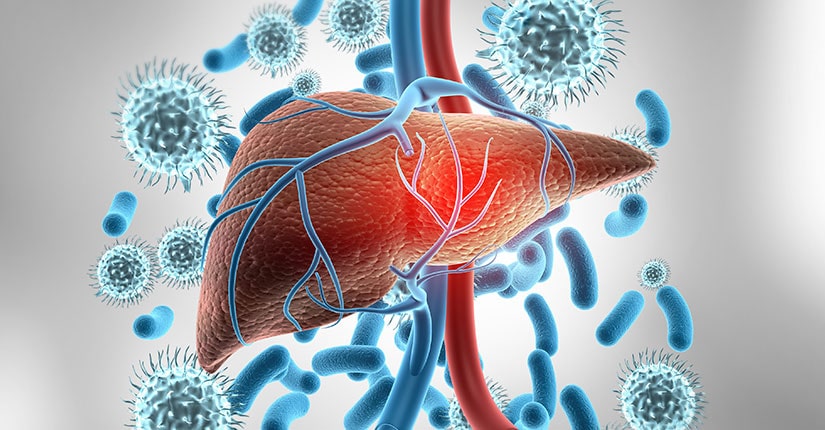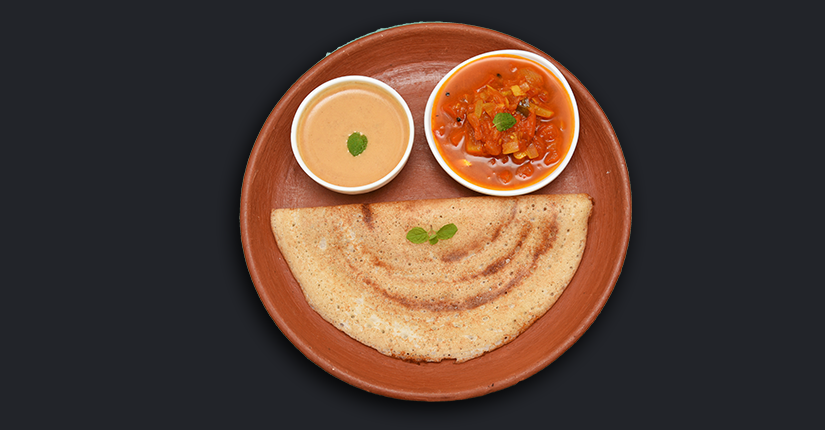World Vegan Day: Debunking Common Myths about Veganism
By Nmami Agarwal 01-Nov 2021 Reading Time: 4 Mins

With time, many individuals are showing keen interest in turning into a vegan and avoiding a meat-based diet completely. They are more concerned about the environmental footprints and want to keep it as light as possible by turning vegan.
As vegan diets become more mainstream, so have misconceptions about them. You all must have heard various common myths regarding veganism but everything you heard is not completely accurate. Here, we have debunked common myths about veganism. Read below to know more about it:
- Vegan diets lack enough protein sources: Have you ever heard someone saying “from where do you get enough protein by doing vegan diets?” Well, this myth is the most common one and needs to be busted. Vegetables, fruits and grains all have good amounts of protein for optimal health, and achieving a healthy body weight. According to dietary reference intake, an adult should consume 0.8 grams of protein per kilogram body weight which can be easily achieved through veganism. Some of the best sources of protein for vegans include tempeh, lentils, nuts, mushrooms, chickpeas, almonds, and quinoa.
- Veganism can lead to poorer nutrition: A well-balanced vegan diet which has all the necessary nutrients from different food groups will not only boost the immune system but also improves heart function, provides more endurance and promotes healthy skin.
- Veganism will always keep you hungry/tired/sick: This is not at all true, as long as you’re eating enough. If you decrease your daily calorie intake to below your body’s requirement, indeed you will be hungry, tired, and sick. Choosing a colourful variety of whole plant foods nourishes your body and cells, thus increasing your immunity and longevity. Chronic inflammation is linked to a variety of diseases, and numerous studies have confirmed that a plant-rich diet high in fibre is beneficial for disease prevention.
- Veganism and Vegetarianism are basically the same: This assumption is completely untrue and most common in India where the majority population is vegetarian. Vegan is a strict form of vegetarian diet. Vegans do not consume meat, eggs, milk or any dairy product derived from animal sources. Vegetarians do not consume meat, but they do consume dairy products and in most cases, in large quantities.
- You do not require supplements while following a vegan diet: Nutritional deficiencies are common when people are following any individual diet. B12 deficiency is prevalent among people who eat animal products, and it can even happen with vegans as well when they do not supplement. Similarly, other deficiencies like iron, zinc, and calcium are also common. It is important to note that if you have any such deficiencies, supplements should be consumed only after proper guidance and consultation with your doctor.
Over to you:
There are many myths and misconceptions about veganism, some of which we have debunked in this article. Everyone needs to research the facts about this subject, so they can have a better understanding about the commonly misunderstood veganism on this World Vegan Day.





















